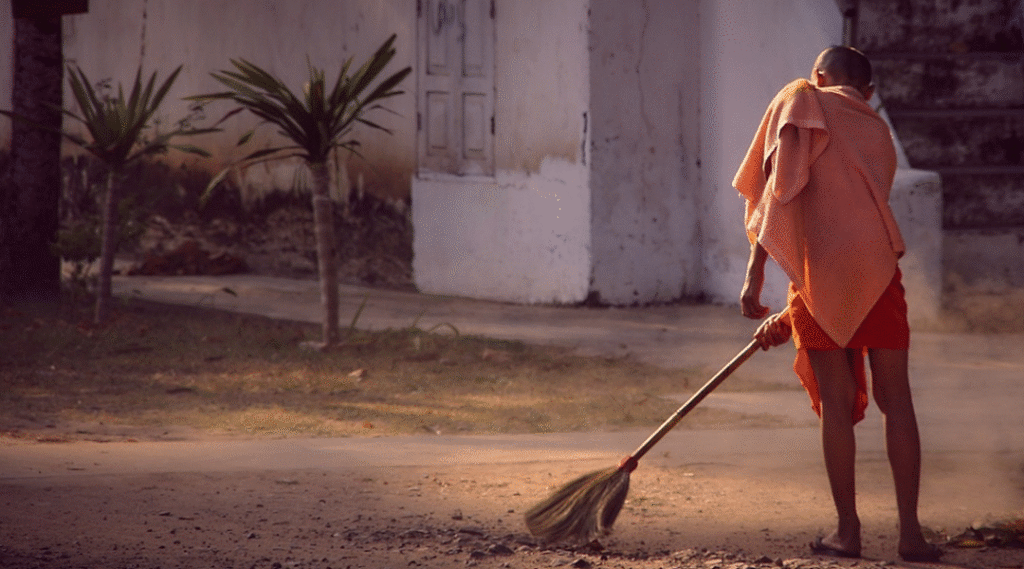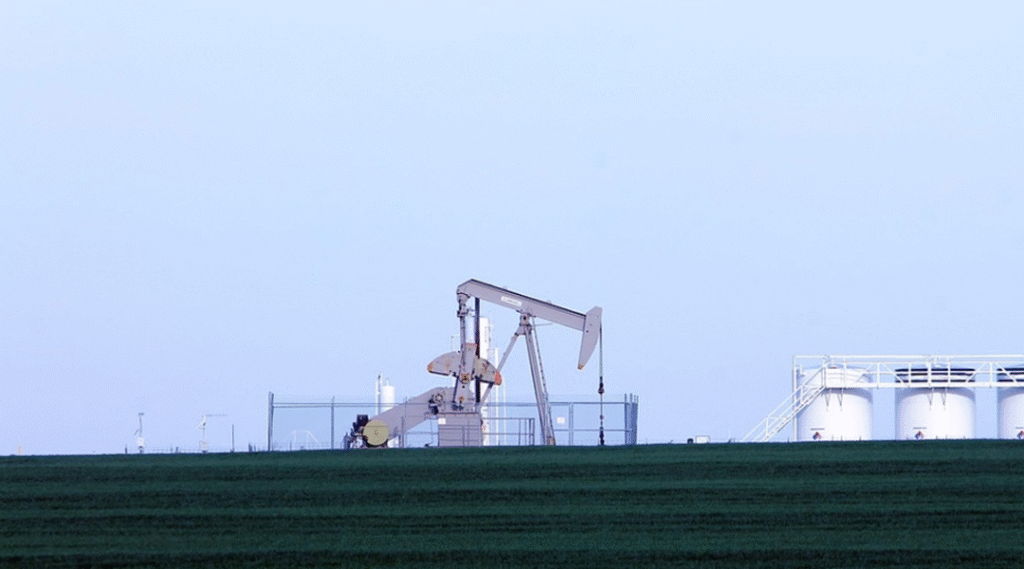In our modern civilization, energy powers every aspect of life—homes, transportation, healthcare, communication, and manufacturing. Fossil fuels, nuclear power, and even renewable sources like wind and solar have become foundational to how societies function. But what if, one day, this energy ran out? Whether due to depletion, disruption, or disaster, the sudden loss of accessible energy would force humanity to radically rethink how we live. While such a scenario is extreme, imagining it offers valuable insights into resilience, sustainability, and innovation. Here’s what we could do if the energy truly ran out.
1. Return to the Basics: Relearning Manual Skills
Without electricity or fuel, many automated systems would cease to function. People would have to relearn traditional skills that had long been replaced by machines. Farming would revert to manual tools, animal labor, and organic cycles. Cooking would rely on wood or biomass fires. Food preservation would depend on salting, drying, fermenting, and root cellars instead of refrigeration.
Communities would likely become more self-sufficient, growing food locally and bartering goods. Craftsmanship—blacksmithing, weaving, carpentry, and mechanical repair—would regain importance. These skills, once seen as outdated, could become critical to survival and rebuilding.
2. Redesigning Transportation and Logistics
In a world without energy, long-distance transportation systems would collapse. Cars, planes, and trains would be rendered inoperative without fuel or electricity. The movement of goods and people would shift dramatically to local or regional scales.
Bicycles, carts, and sailboats would become essential again. Animal-powered transportation might make a return, and walking would regain its place as the dominant mode of travel. This shift would also affect global supply chains, requiring societies to relocalize manufacturing and production.
3. Harnessing Human and Natural Power
If conventional energy sources were unavailable, we would have to fall back on the original power sources: human and natural energy. Water wheels, windmills, and solar ovens could be redesigned for small-scale use. Bicycle-powered machines could grind grain, pump water, or charge small devices.
Even basic forms of passive solar design—like using the sun to heat water or warm a home—would see a resurgence. People would learn to optimize the natural rhythms of daylight and seasonal cycles to guide daily life.
4. Community-Led Governance and Security
In the absence of centralized infrastructure, communities would need to govern themselves. Cooperation would be more important than ever, especially for managing shared resources like food, clean water, and land.
Neighborhoods, towns, and villages would have to organize security, healthcare, and education locally. The importance of trust, fairness, and conflict resolution would rise, as people would depend heavily on one another for safety and survival.
5. Reevaluating Consumption and Waste
Energy enables mass production and consumerism, but without it, the throwaway culture would end overnight. Every item would be reused, repurposed, or repaired. Waste would be seen not as garbage, but as a potential resource.
Packaging would diminish, and single-use products would disappear. The idea of “disposability” would be replaced by durability and craftsmanship. People would learn to live with less, focusing on essentials and valuing quality over convenience.
6. Protecting Knowledge and Education
Without the internet or digital storage, preserving knowledge would be a new challenge. Printed books, hand-written records, and oral traditions could become the primary methods of transmitting information. Libraries, schools, and mentors would once again become vital centers of learning.
Subjects like engineering, biology, agriculture, and medicine would be more important than ever—but would need to be adapted for low-tech applications. A focus on practical, hands-on education would be key to helping communities thrive without modern technology.
7. Emotional and Psychological Adaptation
Perhaps the most profound shift would be psychological. The abrupt loss of modern comforts could lead to fear, grief, and instability. However, it might also foster a new sense of purpose, resilience, and connection to nature and others.
Spirituality, mindfulness, and collective rituals might gain renewed importance as people seek meaning and guidance. Creativity—through music, storytelling, and art—could help communities cope and maintain hope.
While the complete loss of energy is a worst-case scenario, it’s not purely science fiction. War, natural disaster, or ecological collapse could disrupt energy systems globally. Preparing for such possibilities is not about fear—but about resilience.
By investing today in sustainable living, local food systems, renewable energy, and practical skills, we can build a society capable of surviving—and thriving—even in the absence of the power grid. The key lesson is this: energy might run out, but human ingenuity and cooperation never have to.
More for this topic:
The Future of Energy Storage: Challenges, Solutions, and Emerging Trends
Which Clean Energy Source Reigns Supreme for Sustainable Development?
Selecting the Optimal Cooling Technology for Modern Data Centers
As for in-depth insight articles about AI tech, please visit our AI Tech Category here.
As for in-depth insight articles about Auto Tech, please visit our Auto Tech Category here.
As for in-depth insight articles about Smart IoT, please visit our Smart IoT Category here.
As for in-depth insight articles about Energy, please visit our Energy Category here.
If you want to save time for high-quality reading, please visit our Editors’ Pick here.



